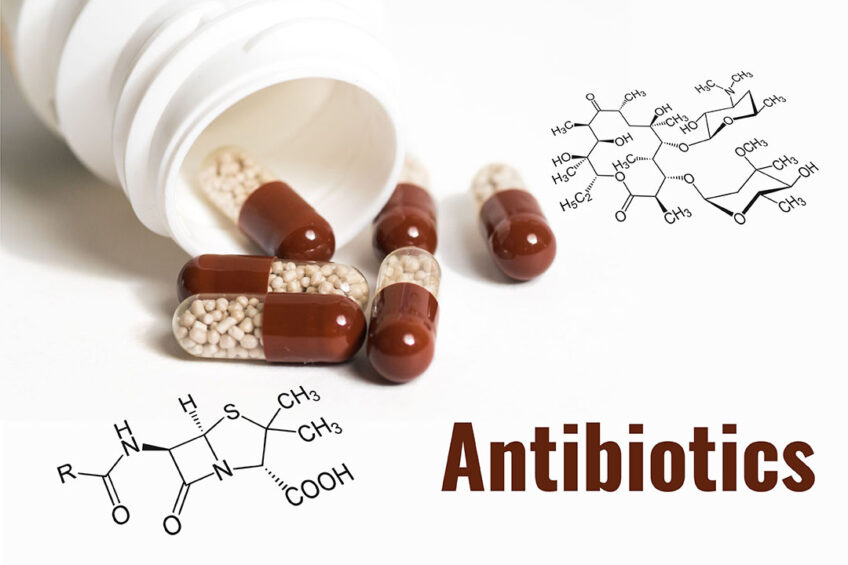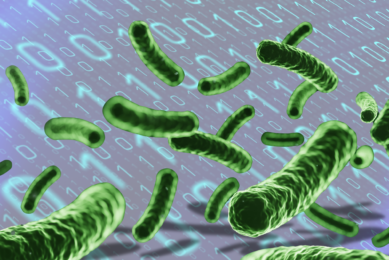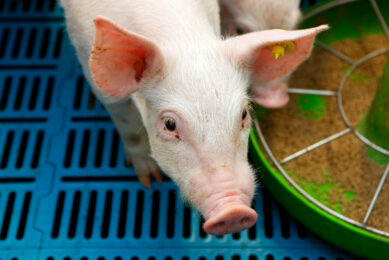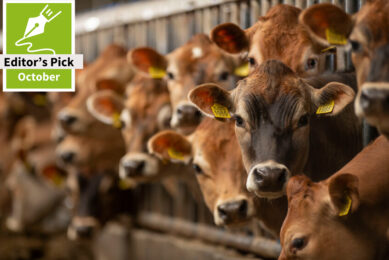A new class of feed probiotics is under development in Russia

A group of scientists from the Kazan federal university, Russia plans to combine probiotics with agricultural minerals to obtain a new class of feed additives, called synbiotics.
The eventual target of the study is to develop a new antibiotic alternative, as the Russian government’s restrictions on the use of in-feed antibiotics from January 1, 2022, pushed livestock companies to make adjustments in feed rationing.
Environmental friendly probiotics
“Nowadays, much attention is paid to the development of environmentally-friendly probiotic additives of a new generation, the use of which would help ensure biological protection and high productivity of farm animals and birds,” said Dina Yarullina, head of the research group at the Kazan University.
Probiotics promise to boost productivity by 15-20%, the effectiveness of the treatment of gastrointestinal diseases by 30-40%, and reduce mortality by 20-30%, Yarullina said, explaining the concept of synbiotics envisages that the benefits of probiotic bacteria could be enhanced by other components.
Typically, synbiotics are mixtures of probiotics, helpful gut bacteria, and prebiotics – non-digestible fibres that help these bacteria grow.
Sorbent-based probiotics
However, scientists are working on including a complex of active probiotic bacteria in the matrix of an agromineral carrier sorbent, instead of fibres. As explained by Yarullina, immobilisation of bacteria on particles of a solid carrier would ensure their better survival in the gastrointestinal tract, providing closer interaction with the intestinal wall, as well as gradual release, which would increase the duration of the therapeutic effect.
“For the role of a carrier sorbent, we are considering: zeolites, bentonite, vermiculite, sapropel and other agrominerals. All of them have unique properties of selective ion exchange: they can provide the missing macro-and microelements to the body and remove the excess of these elements from it. In addition, they contribute to the removal of heavy metals from the body, the normalization of lipid, protein and carbohydrate metabolism, and optimize the work of enzyme systems,” Yarullina said.
Replacing antibiotics
The new feed additive is expected to help livestock and poultry farming avoid in-feed antibiotics, as well as correct and prevent dysbiosis and compensate for the lack of trace elements in farm animals and birds, Yarullina said.
“The synbiotic additives are aimed at reducing mortality of animals and birds, helping them to fully reveal their biological potential, increasing their productivity and safety of agricultural products,” she said, not providing any additional information on the current status of the researches and when the new feed additives are planned to be obtained.











